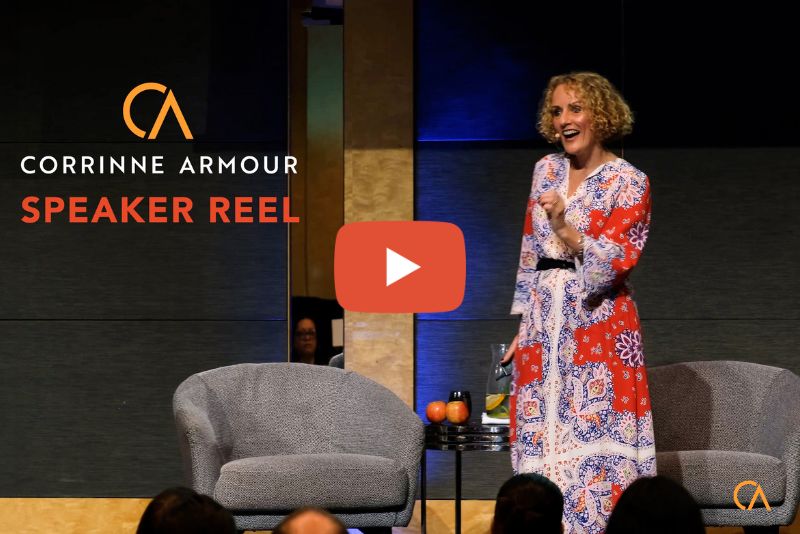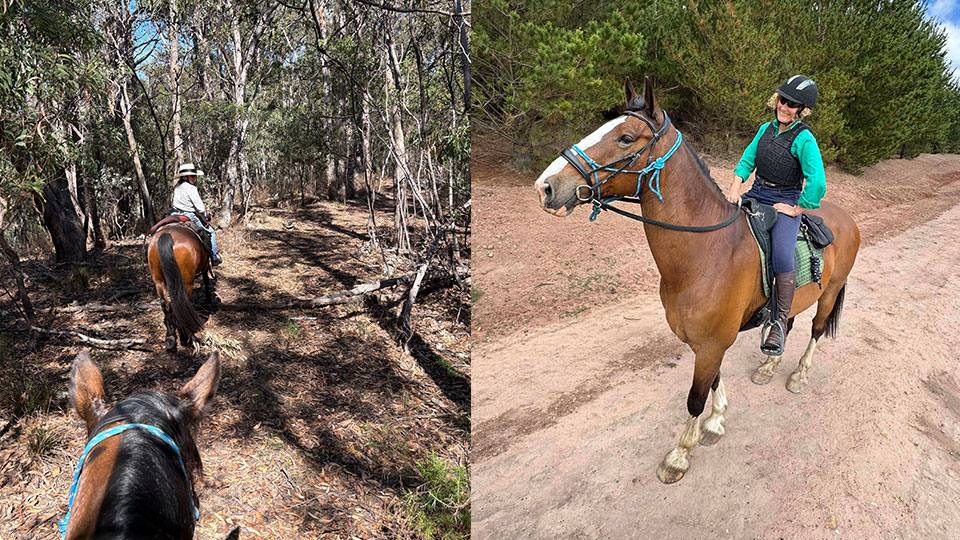
On a country train trip last week a woman in front of me was listening to a movie on her iPad – very, very loudly. Assuming she was an older lady and perhaps hard of hearing, I peeked between the seats to discover she looked quite young.
Others had noticed the volume too, and before too long a man seated near her touched her on the arm and they had a short conversation. She apologised and thanked him, saying “Oh that’s why I couldn’t hear it. I wondered why the volume was so low through my headphones.” She had not plugged in her headphones properly and the noise was spilling out for everyone else to hear, whilst she remained oblivious because her ears were sealed with her ear plugs!
We do this more often than we realise. We assume that people are experiencing us in a particular way and yet their experience of us is quite different. We think the voices are only in our head and yet everyone else not only hears the voices, they hear the full soundtrack.
In a recent executive team workshop, the CEO’s motivational profile indicated to me that she might display micro management tendencies. When I suggested this during our team conversation, she denied it immediately, explaining that her leadership style was supportive – and certainly not micro management.
I asked her to pretend for a few minutes that she wasn’t in the room and then I asked her executive team the same question. They looked at one another, looked at their shoes and then one by one began to laugh. ‘Yes’ they said. ‘Sometimes, actually quite often, she micro manages. We know how to do the work and we want her to let go of the operational stuff so that she can focus on the strategic.’
As a group, we explored the CEO’s intention – which was to support her team. We discussed how the team’s experience of her behaviour impacted the team and the broader organisation. It was a valuable conversation that resulted in new ways of working.
The first step in change is awareness – understand that your intention is not always reflected in the way others view your behaviour.
Where might the soundtrack of your movie be detracting from the effectiveness of the team you lead? How could your team benefit from some fearless conversations?
Go fearlessly.
STAY IN THE LOOP
Subscribe to our blog.
Exciting. Intimidating. Challenging. Encouraging. Discouraging. These are some of the emotions we face when we commit to mastering something new. The first time I gave a ‘speech’ was in my postgraduate year, presenting my research findings to fellow students and examiners. I was so nervous I felt sick. Afterwards, I felt proud of what I





